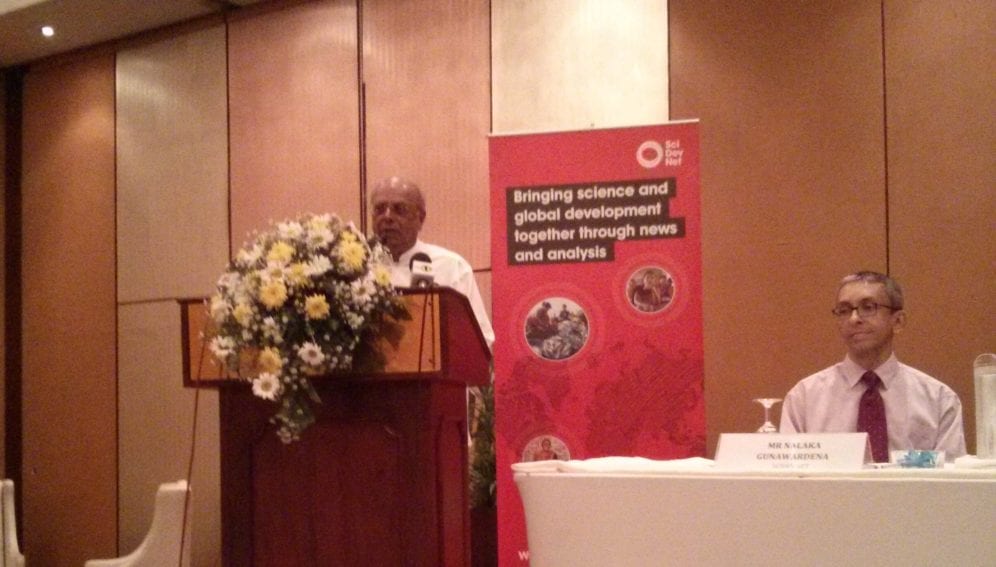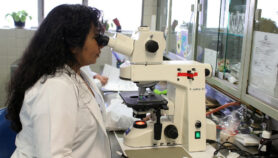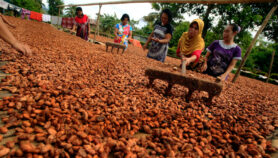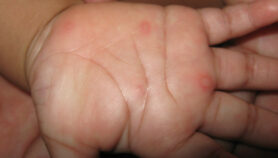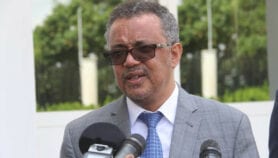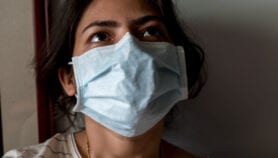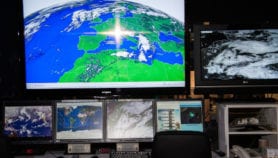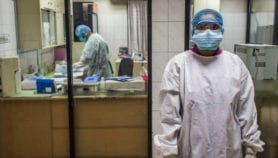By: Smriti Daniel
Send to a friend
The details you provide on this page will not be used to send unsolicited email, and will not be sold to a 3rd party. See privacy policy.
[COLOMBO] Should journalists be writing more about science and less about cricket? In Sri Lanka cricket is almost religion, but Tissa Vitharana, senior minister of scientific affairs, has clear priorities. “I’m a scientist and a researcher and what I produce as a scientist and researcher is of far more importance in my view than what cricketers produce on the sports field.” In the fierce competition for what claims the most headlines, science is too often on the losing side, he argues.
With interest in science reportage shrinking, his complaint is a familiar one. Many iterations of it were heard at an event held in Colombo on 29 May by the Coordinating Secretariat for Science, Technology and Innovation (COSTI). The event, co-sponsored by SciDev.Net, was titled 'Mainstreaming science, technology and innovation for public communication.' It brought together 120 participants from media, academia and research, as well as those with a background in development and policy making to discuss how ‘science for all’ could be achieved.
Picking out reportage on Chronic Kidney Disease of Unknown Etiology, a mystery disease that afflicts many Sri Lankan farmers, Vitharana alleged that local media “thrives and survives on controversy and argument.” The minister conceded that more research needs to be done. “All we can say is that agrochemicals are definitely a factor in chronic kidney syndrome and therefore, we have to switch over to organic farming and cut down the use of agrochemicals.” However, he said, journalists forgoing nuanced reporting had ended up “creating confusion in the minds of the people and the farmers.”
At the COSTI event, journalists were allowed to have their say. Noting that scientists remain difficult to access and reluctant to talk, they shared the challenges of working under the pressure of looming deadlines and the 24-hour news cycle. Many reporters found research intimidating, its real-world implications difficult to decipher. Those reporting on scientific issues often find editors reluctant to allocate space. Yet, media’s role both as a watchdog and champion of science remains key.
The last point was emphasised in a discussion between science writer and SciDev.Net (SDN) trustee Nalaka Gunawardana and Ranjit Devraj, regional coordinator with SDN’s South Asia edition. Dubbing science journalists “critical cheerleaders for science,” Gunawardana asked what role media could play in holding scientists and their institutions accountable. Responding, Devraj said: “It is the pressure that media can bring on the scientific establishment, the bureaucratic establishment that will work…it is only media that can question the need, the relevance the safety of it [new technologies], provided that media is aware. Media has the opportunity to ask questions on behalf of the public.”
One problem is that many journalists do not know what questions to ask or even who to ask. COSTI’s project director Ajith de Alwis believes that a ‘National Coordinating Council on Science for All’ could provide part of the solution in Sri Lanka. Science journalists need support and training, but scientists must reciprocate with a willingness to discuss their research and to work within the constraints media face. Calling for mechanisms that could support effective communication of science to the public, Vitharana acknowledged the magnitude of the task ahead: “That is the challenge that is before us and it is a tremendous challenge.”


